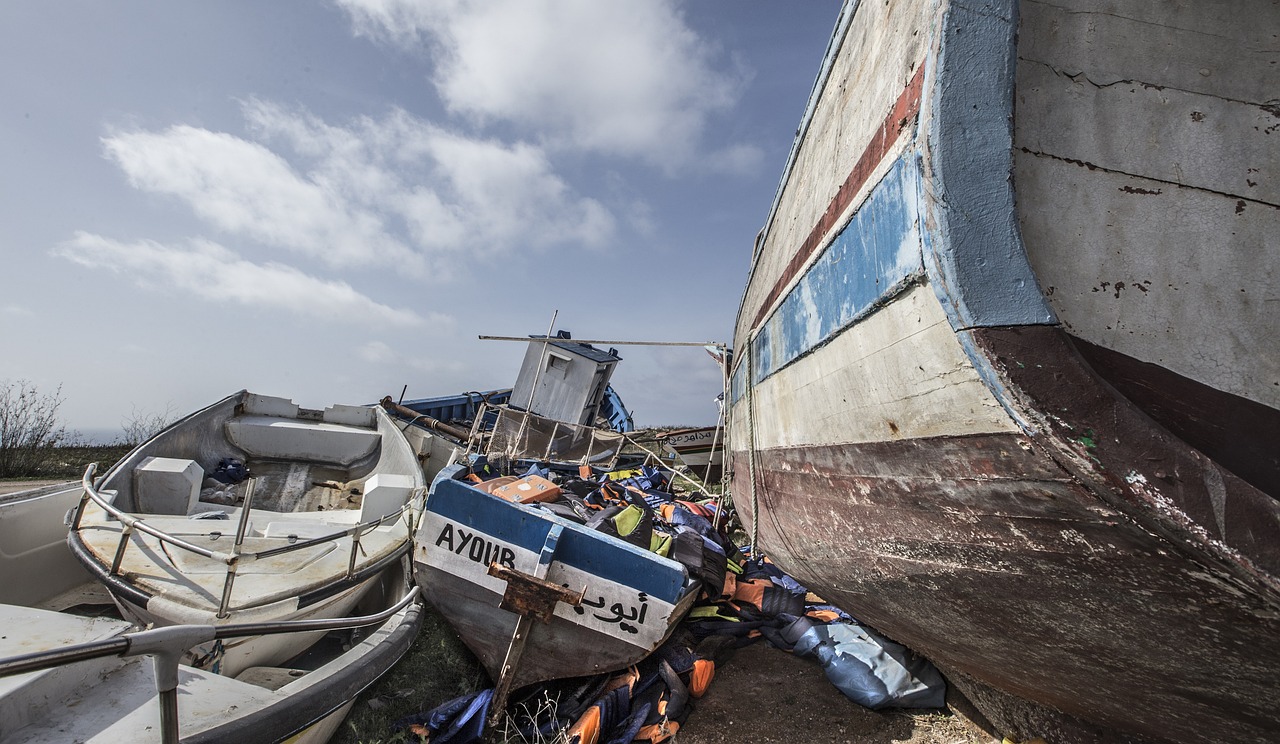
On 26 February 2011, the United Nations Security Council adopted Resolution (UNSCR) 1970 (2011) in view of its grave concern over the situation in Libya and introducing restrictive measures against Libya. The Security Council has since adopted a number of other Resolutions on Libya that have extended or amended the UN's restrictive measures against Libya, including in particular UNSCR 2174 (2014) and UNSCR 2213 (2015) in connection with the Security Council's commitment to the sovereignty, independence, territorial integrity and national unity of Libya.
On 28 February 2011, the EU Council has taken into account UNSCR 1970 (2011) and imposed additional restrictive measures in view of the seriousness of the situation in Libya.
In 2015, the EU Council added measures taking into consideration the threat that continues to be posed to the peace, stability or security of Libya and the successful completion of its political transition, inter alia through the exacerbation of current divisions by persons and entities identified as having been involved in the repressive policies of the former regime of Muammar Qadhafi in Libya, or otherwise formerly associated with that regime, and given that most of those persons or entities have not been held accountable for their actions. That decision also took into consideration the threat posed by persons and entities owning or controlling Libyan State funds misappropriated during the former regime of Muammar Qadhafi in Libya which could be used to threaten the peace, stability or security of Libya, or to obstruct or undermine the successful completion of its political transition
Restrictive measures
|
|
|
|
|
|
|
Trade restrictions on defence-related products |
Trade restrictions on equipment which might be used for internal repression |
Trade restrictions on equipment used for smuggling of migrants or trafficking of human beings |
Trade restrictions on petroleum |
Freezing of funds |
Travel ban |
Trade sanctions: Restricted products and transactions

|

|

|
Defence-related products |
Equipment which might be used for internal repression |
Equipment used for smuggling of migrants or trafficking of human beings |
| There is an arms embargo for export, technical assistance, brokering and financial assistance. Some exceptions apply. |
Export, import, technical assistance, financial assistance are prohibited.
Some exceptions apply. |
Export, technical assistance, brokering and financial assistance are subject to an authorization. |
|
|
|
|

|
|
|
Petroleum including crude oil and refined petroleum products |
|
|
| Loading, transport and discharge of petroleum on EU vessels are prohibited. |
|
|
Financial sanctions: Listed persons & entities, restricted services
Freezing of funds and economic resources do apply against listed persons and entities.
Other sanctions
EU Member States must prevent the entry into, or the transit through, their territories of listed persons.
To go further
Legal texts
Related information
Will follow








